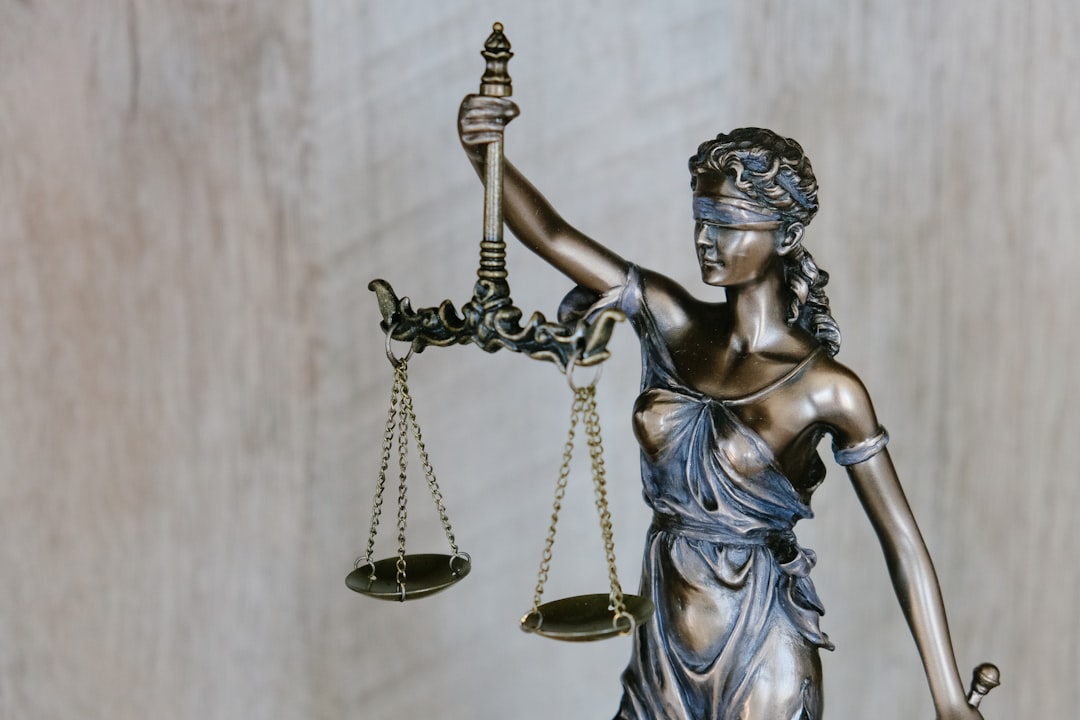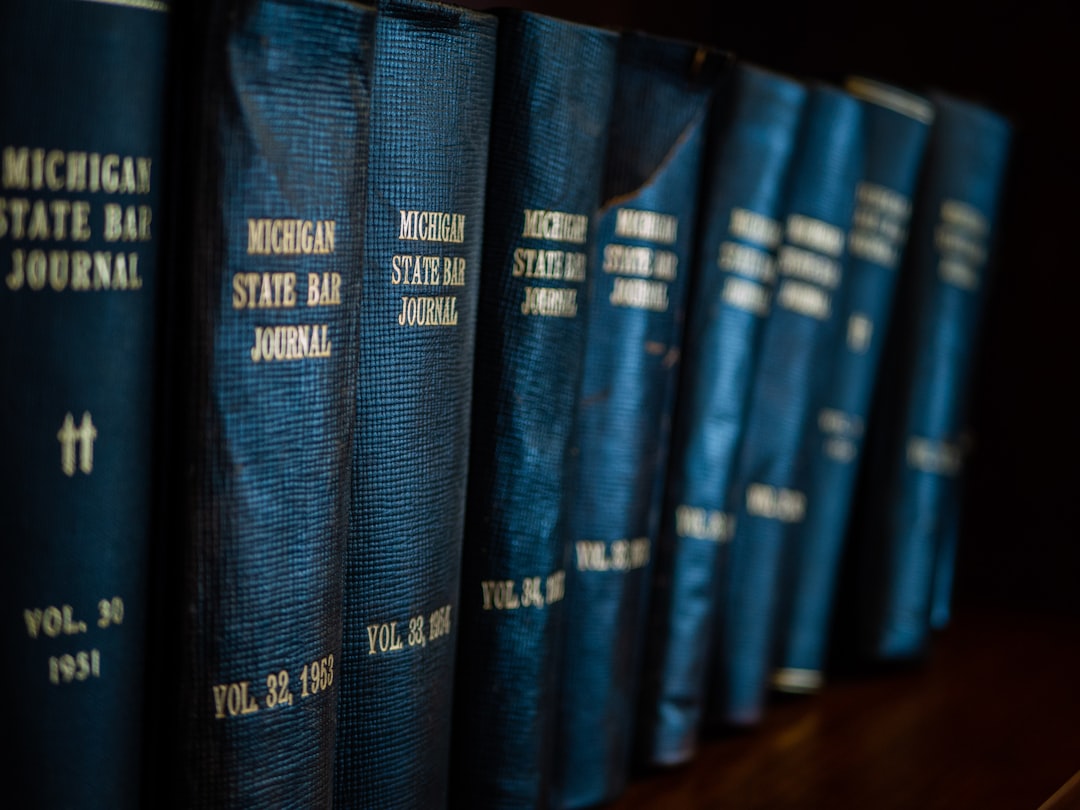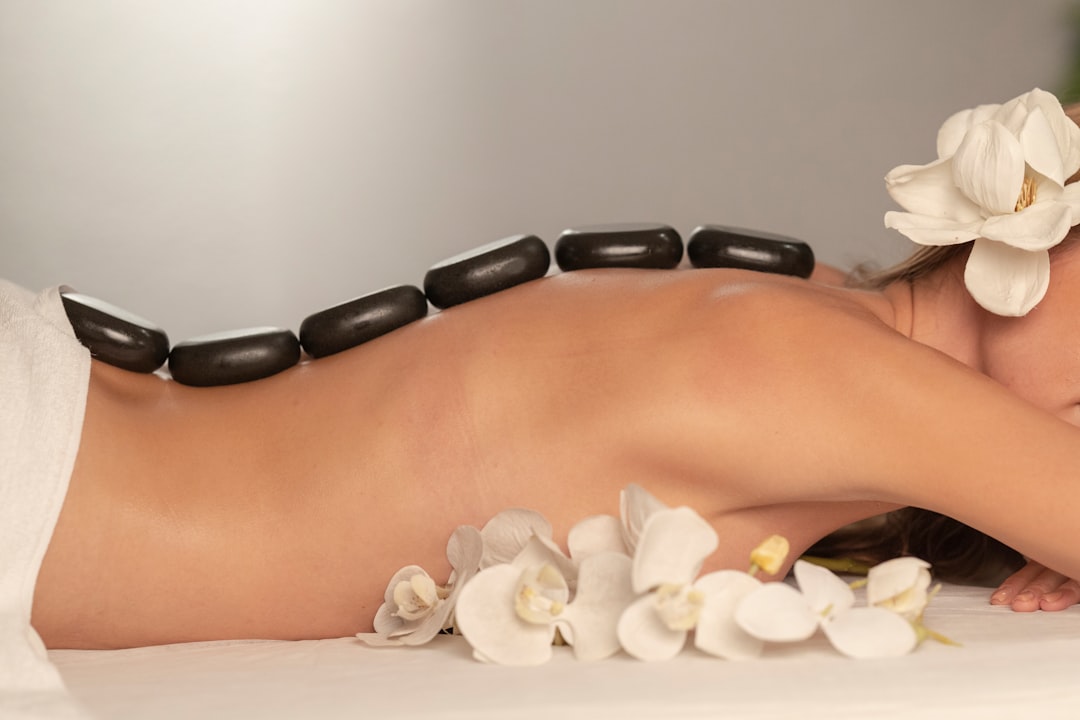Massage abuse attorneys in Maryland are vital in addressing ableism within the state's massage therapy industry, especially when protecting clients with disabilities from discrimination and misuse. Stringent legal frameworks exist to safeguard these individuals, but therapists must also be educated to recognize and combat ableist practices, such as assuming limitations or using stigmatizing language. These attorneys play a crucial role in upholding protections, defending client rights, and challenging businesses with ableist policies or inaccessible services. By advocating for inclusive environments, they ensure justice and the highest quality care for all individuals with disabilities seeking massage therapy in Maryland.
“In Maryland, as in many states, massage therapy offers a haven of relaxation and healing. However, ableism—discrimination based on disability—remains a concern within the industry. This article delves into the pervasive issue of ableism in local massage practices, examining its impact and exploring legal protections for clients with disabilities. We discuss strategies to identify and prevent ableist behaviors, highlighting the critical role that massage abuse attorneys play in advocating for equal access and rights in Maryland.”
Understanding Ableism and its Impact on Massage Therapy in Maryland

Ableism, a term referring to discrimination and prejudice against individuals with disabilities, has significant implications within the realm of healthcare, including massage therapy practices. In Maryland, as in many places, the intersection of ableism and touch-based healing raises important concerns. Massage therapy, intended to provide relief and restore physical function, can unfortunately become a site of abuse for those with disabilities if practitioners are not adequately trained or sensitive to their unique needs.
This issue is particularly relevant when considering cases of massage abuse involving individuals with limited mobility or sensory impairments. Maryland massage abuse attorneys often advocate for clients who have experienced negligence or mistreatment during therapeutic sessions, highlighting the need for increased awareness and education among massage therapists. By addressing ableism in practice, therapists can ensure inclusive and safe spaces for all clients, fostering a more equitable healthcare environment.
Legal Frameworks: Protecting Clients with Disabilities from Massage Abuse

In Maryland, the legal frameworks protecting clients with disabilities from potential massage abuse are stringent. State laws and regulations explicitly prohibit discrimination based on disability status, ensuring that individuals with special needs can access massage therapy services without fear of harm or exploitation. These laws not only safeguard their rights but also emphasize the responsibility of massage therapists to provide care tailored to each client’s unique requirements.
Maryland massage abuse attorneys play a vital role in upholding these protections. They offer legal guidance and representation to clients who may have experienced misconduct, ensuring that their rights are respected and any violations are addressed promptly. By leveraging relevant laws, these attorneys help maintain a safe and inclusive environment within the state’s massage therapy practices, catering especially to the needs of individuals with disabilities.
Recognizing and Preventing Ableist Practices within Massage Businesses

Recognizing and preventing ableist practices within massage businesses is an essential step in ensuring a safe and inclusive environment for all clients, especially those with disabilities. Ableism refers to discrimination or prejudice against individuals with disabilities, which can manifest in various ways, including within the wellness industry. Massage therapy practitioners must be vigilant to identify and address any forms of ableist behavior, such as assuming a client’s limitations based on their disability or using language that stigmatizes their condition.
Massage abuse attorneys in Maryland emphasize the importance of training and education for massage therapists to foster awareness about different disabilities and how they may impact an individual’s experience during a session. This includes learning adaptable techniques and modifying services to accommodate clients with diverse needs. By embracing these practices, massage businesses can create an environment where everyone feels respected and valued, promoting accessibility and ensuring that all customers receive the highest quality of care.
The Role of Massage Abuse Attorneys in Fighting for Client Rights in Maryland

In the fight against ableism in Maryland’s massage therapy industry, massage abuse attorneys play a pivotal role in safeguarding client rights and ensuring equitable practices. These legal professionals are well-versed in the complexities of discrimination and disability law, empowering them to represent clients who have faced unfair treatment or harassment during their massage sessions. By leveraging their expertise, they challenge establishments that perpetuate ableist behaviors, whether it’s through discriminatory policies, lack of accessible services, or hostile work environments.
Massage abuse attorneys in Maryland are dedicated to holding businesses accountable and advocating for the rights of individuals with disabilities. They guide clients through legal processes, educate them on their entitlements, and fight for justice when necessary. Their efforts contribute significantly to raising awareness about ableism and fostering a more inclusive environment within the state’s massage therapy practices.






